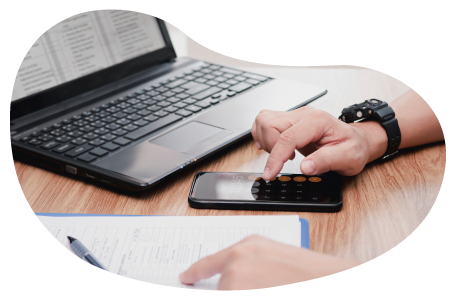Assessed value
Assessed value is an estimation of how much your property is worth. It is determined by your local city hall or a municipal assessor.
What does assessed value mean?
Assessed value is a yearly calculation of a property’s worth. Assessed property value is determined by your city's assessor's office to find out how much you owe in property tax. The higher the property’s assessed value, the more you’ll pay in taxes.
For example, if your local tax rate is 1% of the assessed value and you own a $540,000 property, you would pay an annual property tax of $5,400.
How is assessed value determined?
The rules for determining assessed value can vary according to your tax district. To estimate the assessed value, an assessor typically looks at what comparable properties have sold for in your area, along with the size of the property, its age, and any recent improvements.
Assessments are usually made citywide, and they’re not recalculated very often (even though your tax rate may change from year to year).

Assessed value vs. market value
When you’re buying or selling a commercial property, you’ll likely see two different prices when it comes to value: assessed value vs. market value. These two numbers are rarely the same, and they’re used in different ways, so it’s good to know the difference between the two.
Fair market value
Fair market value is the price that a property would sell for once it is on the market. The IRS defines it as the “price at which the property would change hands between a willing buyer and a willing seller when the former is not under any compulsion to buy and the latter is not under any compulsion to sell, both parties having reasonable knowledge of relevant facts.”
Assessed value
Assessed value isn’t usually the same as the fair market value of your property, though it can be. Determining assessed value vs. sale price varies according to your location. In some states, the assessed valuation of the property might be 100% of its current market value. But in other states, the assessed valuation might be as low as 10% of its fair market value.
How does assessed value affect your insurance?
While assessed value is important for tax purposes, this figure doesn't directly affect your insurance. For a commercial property, the assessed value might be different from the appraisal or replacement value. Generally speaking, your property's replacement value is the most important number when it comes to commercial property insurance. An insurer may also use actual cash value, which is the property's current value (including depreciation).
Get free quotes and compare policies with TechInsurance
TechInsurance helps small business owners compare business insurance quotes with one easy online application. Start an application today to find the right policy at the most affordable price for your business.

